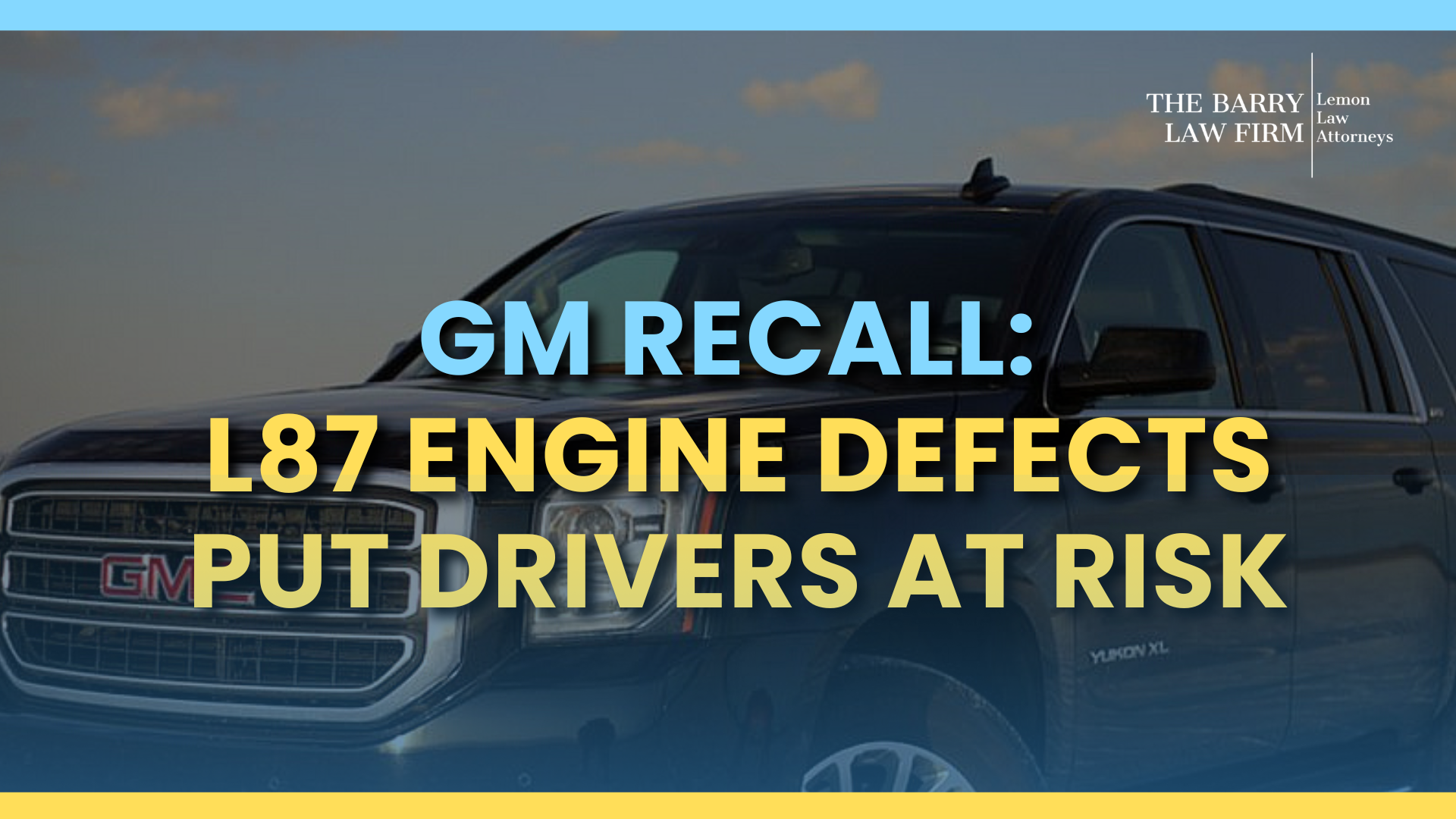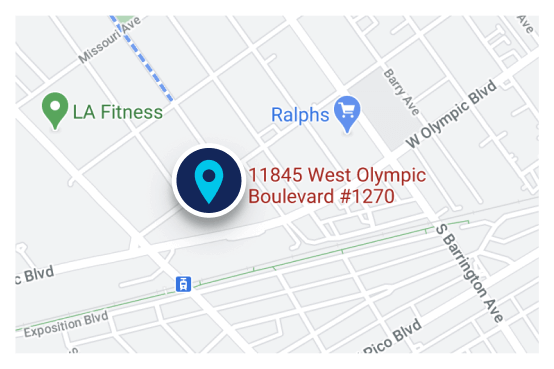
The safety and reliability of vehicles are critical concerns for drivers and their families. Unfortunately, recent developments involving General Motors have revealed serious defects that call both into question. GM has announced a recall involving its 6.2L V8 L87 engines, which power hundreds of thousands of popular trucks and SUVs. Reports confirm that manufacturing defects in critical components could cause engine failure, forcing the company to not only recall vehicles but also increase production at its Tonawanda, New York plant to build replacement engines.
This recall is more than just an inconvenience for owners—it’s a safety hazard with potentially severe consequences. Engines that fail unexpectedly put drivers and passengers at risk, especially in high-speed traffic situations. Beyond the immediate danger, such a widespread recall raises broader questions about how carefully automakers monitor their supply chains and test components before sending vehicles to market. For consumers, it is a stark reminder of how vulnerable even flagship vehicles can be when defects are overlooked. The incident also underscores the importance of timely recalls and transparency, because every day of delay increases the risk to drivers and their families.
The Cause of GM’s L87 Engine Problems
At the center of this recall are the connecting rod and crankshaft components within the L87 engine. According to GM, unspecified manufacturing defects have been traced to a build window between March 1, 2021, and May 31, 2024. During this time, a higher-than-expected number of engines were failing due to internal part defects. While the engine itself has been in production both before and after that timeframe, GM claims that only the units manufactured within this three-year window are affected.
This selective recall highlights how even a small change in the production process can have outsized consequences. Engines built in 2019, 2020, and the latest 2025 models use the same 6.2L V8 design but are excluded because GM’s engineers did not find the same defect pattern. The flaw demonstrates the importance of consistent quality control across manufacturing plants. In this case, a single vulnerability in the assembly line has created significant liability for one of the largest automakers in the world.
Even more troubling is the uncertainty for drivers who may not fully understand whether their vehicle is included. The technical details around production windows are complex, and many consumers rely on dealers to interpret recall notices. If errors occur in communication, owners could continue to drive vehicles at risk of failure without realizing it. For affected families, the recall is not just a technical issue but a matter of peace of mind and safety on the road.
GM’s Response and Tonawanda Plant Overtime
To address the problem, GM has tasked its Tonawanda Engine Plant in Buffalo, New York with significantly ramping up production of L87 engines. Workers at the facility are now working overtime to build replacements for the engines that fail inspection under the recall process. This move is meant to reassure consumers that GM can keep pace with demand for repairs and replacements, though it also highlights the magnitude of the issue.
The Tonawanda plant has been a cornerstone of GM’s engine production since 1938, manufacturing everything from EcoTec3 engines for trucks and SUVs to LT V8 engines for performance cars like the Chevy Corvette. For such an established facility to suddenly be pushed into overtime production underscores how widespread this defect truly is. It isn’t a minor issue that can be resolved quietly—it is a large-scale crisis that requires significant resources to correct.
While GM’s response demonstrates urgency, it does not erase the fact that defective vehicles were sold to consumers in the first place. The company is attempting to manage a balance between damage control, consumer safety, and brand reputation. For owners waiting on repairs or replacements, however, the response can feel slow and frustrating. Many will be left wondering why better oversight wasn’t in place from the start.
Which GM Vehicles Are Affected by the Recall?
GM has confirmed that the recall applies to a wide range of full-size trucks and SUVs equipped with the 6.2L V8 L87 engine. Affected nameplates include the Chevy Silverado 1500, GMC Sierra 1500, Chevy Tahoe, Chevy Suburban, GMC Yukon and Yukon XL, and Cadillac Escalade and Escalade ESV. Altogether, these models represent some of GM’s most popular and profitable vehicles, which only underscores the seriousness of the defect.
For affected vehicles, GM requires certified technicians to conduct inspections. If an engine passes inspection, it will receive an oil change with Mobil 1 Supercar 0W-40 oil and a new oil cap to reflect the update. If an engine fails inspection, it will be replaced entirely. The same process applies to vehicles still in dealer inventory, meaning even new cars waiting to be sold may be subject to major repairs before being handed to buyers.
Owners face the stress of potentially losing access to their vehicles for extended periods while inspections and repairs take place. For many families and businesses that rely on these trucks and SUVs daily, the disruption is not just inconvenient—it can be costly and disruptive to work and life. This recall serves as a reminder of how quickly a defect can affect not just safety but the everyday routines of consumers.
The Broader Safety Concerns Behind Engine Recalls
This GM recall illustrates a larger issue within the automotive industry: the devastating effects of manufacturing defects on consumer safety and confidence. Engines are the heart of any vehicle, and a failure caused by poor component quality is unacceptable. For many drivers, especially those who use their trucks and SUVs for work or family transport, the risk of sudden breakdowns poses a real threat to safety.
Recalls like this also erode consumer trust. Drivers assume that when they purchase a new vehicle—particularly one from a brand as established as General Motors—they are buying not only performance but also peace of mind. Instead, they are left to navigate repair appointments, inspections, and the possibility of a full engine replacement. This undermines confidence not only in GM but in the automotive industry as a whole.
Additionally, this recall highlights the importance of accountability and transparency. Automakers have a duty to notify consumers quickly, provide clear guidance, and ensure that fixes are implemented effectively. Delays or half-measures not only put drivers at risk but also create long-term reputational damage that no company can afford. For consumers, it is a reminder that safety must always come before convenience.
How The Barry Law Firm Can Help
At The Barry Law Firm, we specialize in helping California consumers take legal action against manufacturers when their vehicles fail to meet quality and safety standards. If your GM truck or SUV has been in the shop repeatedly for engine failures, oil issues, or if a recall or repair attempt has not fixed the problem, you may be entitled to a refund, replacement, or cash compensation under California’s Lemon Law.
Lemon Law Expertise – We specialize in California Lemon Law cases and know how to hold manufacturers accountable.
No Upfront Costs – The California Lemon Law requires the manufacturer to pay our fees. That means, at The Barry Law Firm, we will never charge you, no matter the outcome of your case.
Proven Success – We have helped thousands of consumers obtain favorable settlements for their defective vehicles.
Personalized Attention – We handle all legal paperwork and negotiations so you don’t have to deal with the stress.
If GM’s dealership inspections, oil treatments, or engine replacements haven’t resolved your L87 engine issues, you may have a case. Contact us to explore your options.
Closing
The GM L87 engine recall is a sobering reminder that even the most established automakers are not immune to serious defects. While GM has taken steps to contain the problem, the fact that such critical components failed in the first place raises troubling questions about manufacturing oversight. For affected owners, the stakes are high: engine reliability is not a luxury but a necessity for safe driving.
The key lesson is clear—recalls should never be ignored. Acting quickly and following GM’s repair process is essential, but so too is knowing your legal rights if repairs fail. California consumers should remember that the Lemon Law exists to protect them when manufacturers sell vehicles that don’t live up to basic safety and performance standards.
At The Barry Law Firm, we remain committed to holding automakers accountable. If your GM truck or SUV continues to experience engine problems, we are here to help you secure the compensation you deserve. Safety and reliability are non-negotiable, and no driver should settle for less.



